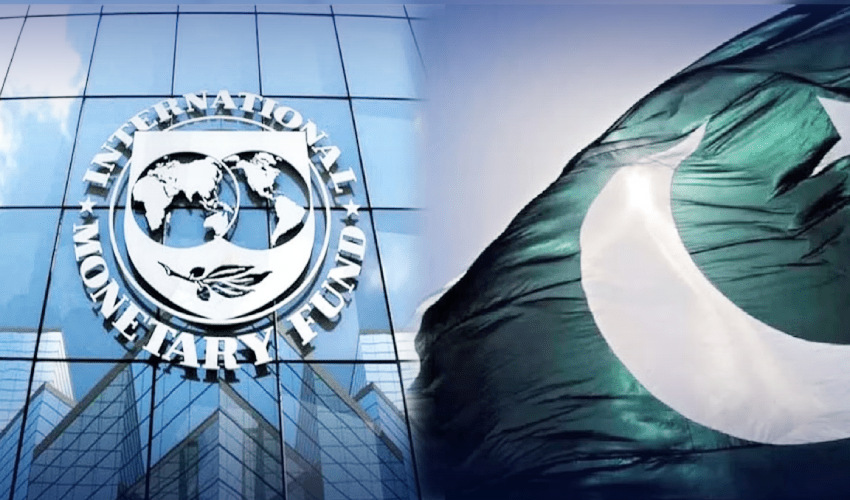ISLAMABAD – At a critical time regarding loan approval, the International Monetary Fund (IMF) appointed Mahir Binici as the new country head for Pakistan, the sources close to the development said on Tuesday.
The development took place at the moment when the Pakistani government intensified efforts to secure approval for a $7 billion loan by the last week of September.
Meanwhile, the doubts regarding the objectives of the International Monetary Fund are deepening.
During the last two programs, the IMF made incorrect assumptions about the current account deficit, forcing Pakistan to take new external loans to correct these assumptions. This has led several individuals, including Deputy Prime Minister Ishaq Dar, to question the global institution’s objectives.
According to government officials, Mr. Mahir Binici has replaced Ms. Esther Perez. Mahir Binici, a Turkish national, has been appointed, but the IMF spokesperson declined to comment on whether this appointment followed the end of Perez’s term.
The last two IMF country heads for Pakistan were from Spain, with backgrounds in Spain’s Ministry of Finance.
The new country head, Mr. Mahir Binici, previously worked with Turkey’s Central Bank and specializes in macroeconomic policies and financial sectors focused on emerging markets. His major challenge will be to implement the much-desired $7 billion Extended Fund Facility program, which faces risks even before it is approved by the Executive Board.
The State Bank Governor stated that efforts would be made to secure the loan approval in the first half of September. However, a senior government official said they are now aiming for IMF Board approval in the fourth week of September. In August, the IMF delisted Pakistan after it failed to roll over a $12 billion cash deposit and secure a new $2 billion arrangement.
Mr. Mahir Binici’s second challenge will be to position his office as a bridge between Islamabad and Washington. In recent years, the IMF has faced significant distrust from the government, experts, and the public.
Along with Pakistan’s own mistakes, IMF conditions have contributed to the country’s economic slowdown, the continued deterioration of the power sector, rising unemployment, and growing poverty.
The IMF is regarded as the lender of last resort, yet it imposed a condition that Pakistan secures a $2 billion loan before approval, which forced the government into the most expensive borrowing in its history. Concerns are growing in government circles about the IMF’s role in Pakistan and the design of its programs. Despite harsh criticism, the IMF forced Pakistan to accept the unrealistic Rs13 trillion target for the Federal Board of Revenue (FBR). The FBR is already facing a shortfall of Rs98 billion in the first two months.
On September 7, Deputy Prime Minister Ishaq Dar revealed that the IMF wanted Pakistan to default in 2022. Dar warned fellow politicians to be cautious of actions that could affect Pakistan’s status as a nuclear state.
Last year, Dar also said that a geopolitical game was being played, deliberately pushing the country towards default. The IMF had claimed that Pakistan’s current account deficit would be $6.5 billion in the fiscal year 2023.
At that time, the Pakistani government argued that the deficit would be $4 billion, and there was no need for additional financing. In the end, Pakistan’s current account deficit was $3.3 billion, proving Ishaq Dar correct. However, the IMF took no action against its staff who were involved in the negotiations with Pakistan. Even now, the IMF is not allowing Pakistan to lower the interest rate, despite its own benchmark indicating it should be between 14% to 15%. Such stringent conditions are damaging the IMF’s credibility in Pakistan.










